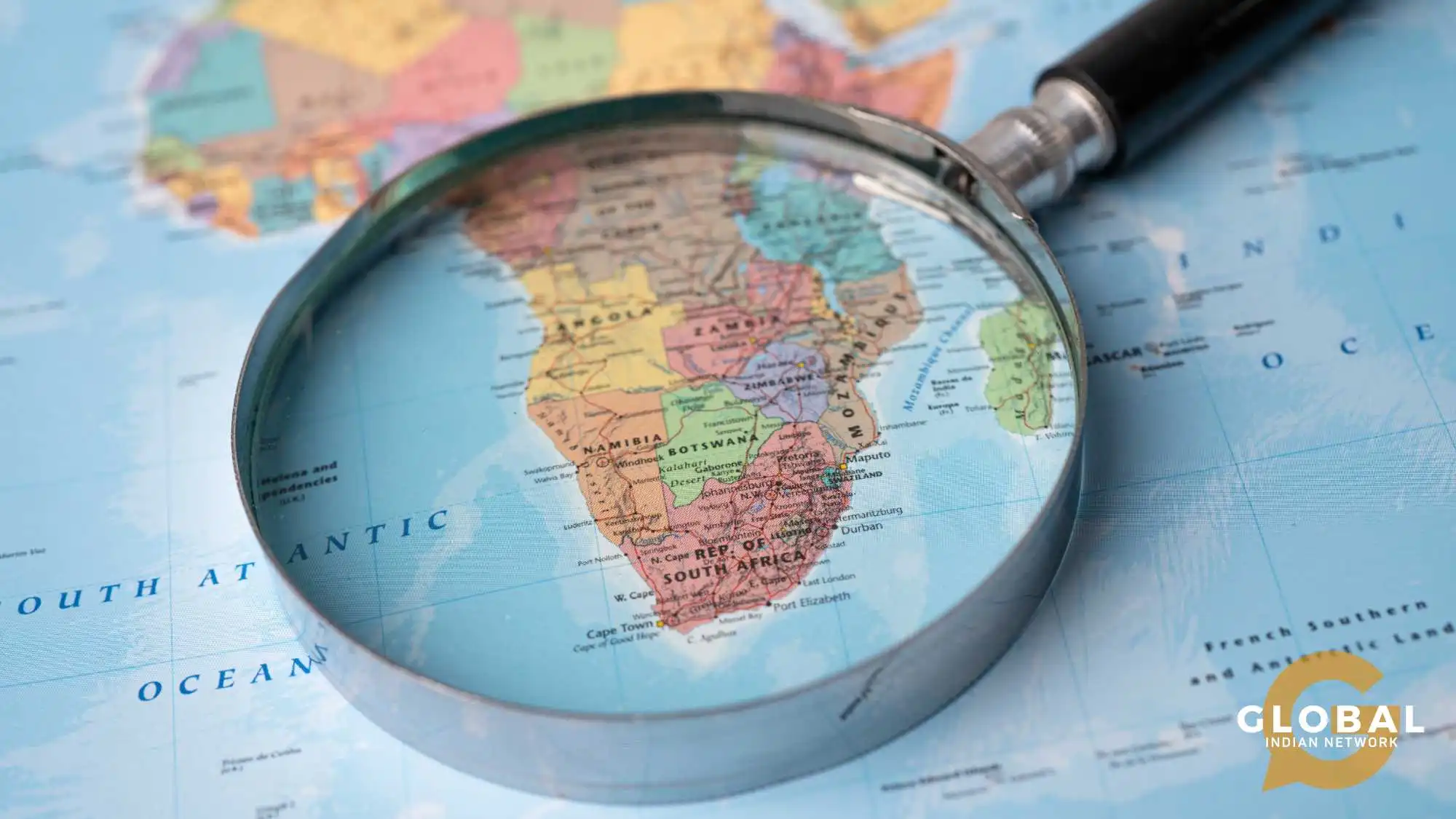In an increasingly interconnected world, European companies are eager to tap into the African market—a continent rich with potential for sustainable investment. Africa’s economic transformation, driven by its youthful population, abundant resources, and increasing technological adoption, makes it an attractive investment hub. Yet, despite this promise, European enterprises continue to face significant challenges in cultivating successful partnerships with local African businesses and governments.
Understanding the Complex African Landscape
Africa is not a monolith. The continent comprises 54 countries, each with distinct regulatory frameworks, economic conditions, and socio-political dynamics. European companies often struggle with the fragmentation of markets across regions, the complexity of local laws, and the lack of uniformity in governance structures. The difficulty in navigating the intricate bureaucracy of African governments further complicates the partnership process. For instance, a company trying to invest in renewable energy in Kenya will encounter a very different set of regulations than investing in a similar project in Nigeria. Understanding the challenges of doing business in Africa is essential for European investors.

Mistrust and Cultural Differences
Trust-building is at the core of any successful partnership, but it remains a significant obstacle for European companies in Africa. There’s often a lingering historical mistrust rooted in colonial history and past exploitative economic relationships, which affects how African governments and businesses perceive foreign investments. This mistrust can be heightened by European firms not fully understanding local business practices, values, and cultural nuances, leading to potential miscommunication and failed negotiations.
A real-life instance of this challenge can be seen in France’s recent attempts to strengthen business ties with West Africa. Despite France’s strong historical and economic ties to the region, its companies have frequently faced backlash due to local perceptions that their investment models mirror colonial-era practices. This has strained otherwise promising partnerships.
Political and Economic Instability
Another major hurdle is the political and economic instability in various African countries. Conflicts, corruption, and shifting political climates have often disrupted business operations, affecting the ability of European companies to form long-term, stable partnerships. For example, in 2018, Siemens, a German conglomerate, faced significant disruptions in its efforts to expand energy projects in South Africa due to political turmoil and corruption scandals involving state energy utility Eskom.
Moreover, Africa’s economies are highly susceptible to global market volatility, which complicates foreign investments. European companies operating in countries reliant on commodity exports, such as oil in Angola or gold in Ghana, often face unpredictable revenue streams as a result of global price fluctuations.
Barriers to Sustainable Investment
While sustainability is increasingly a core pillar of modern investments, aligning sustainability goals between European companies and African enterprises is another challenge. Many African countries are grappling with pressing socio-economic issues, such as poverty alleviation and infrastructure deficits, which may take precedence over environmental sustainability for local governments and businesses. European companies focused on green initiatives in Africa can find it challenging to justify their high initial costs to African partners prioritizing immediate developmental needs.

Furthermore, there is a gap in expertise and infrastructure to support sustainable projects. In many regions, the lack of skilled labor, insufficient energy infrastructure, and limited access to sustainable technologies hinder European companies from establishing impactful, long-term investments that can also address Africa’s developmental goals.
In conclusion, while Africa presents enormous opportunities for European companies, the challenges of market fragmentation, historical mistrust, political instability, and divergent sustainability priorities make it difficult to establish strong alliances. For European enterprises to navigate these obstacles successfully, they must rethink their approach and find ways to build trust, foster mutual understanding, and align their goals with local needs.
